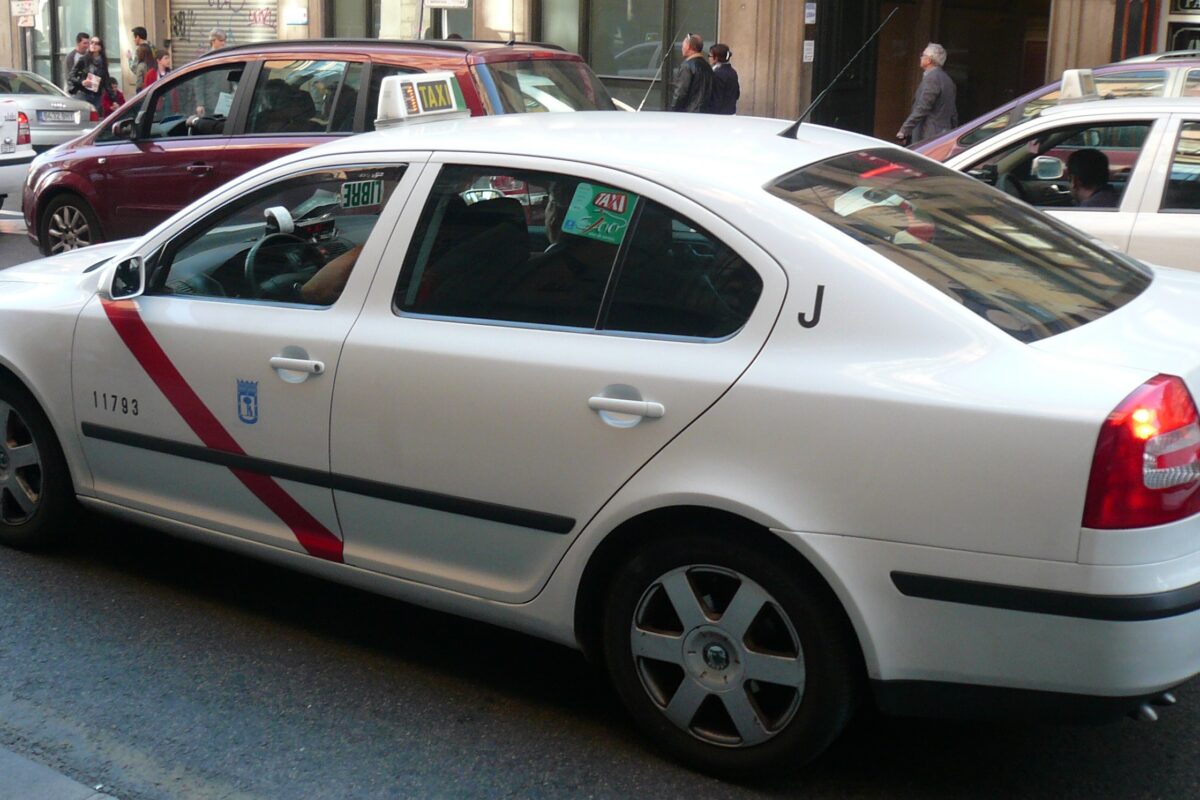
A joint roadside investigation between Milton Keynes city council and local police saw 14 private hire and hackney carriage vehicles found in breach of road traffic and taxi licensing laws.
Earlier this month, Milton Keynes City Council and Thames Valley Police led a joint investigation where 36 taxis originally licensed in Milton Keynes, Buckinghamshire, Wolverhampton, Luton, Central Bedfordshire and London were inspected at the roadside. The team uncovered violations including:
- Bald tyres
- Missing roof signs, door signage and driver badges
- No licence plates
- Expired licences
- Vehicle damage
Fixed Penalty Notices and Suspension Notices were issued to offending drivers, who were also told what they needed to do to become compliant.
MK City Council declared that their operation was part of ongoing work to give taxi passengers confidence in the safety of vehicles and competence of drivers who work in the city. Further joint operations are already planned for later in the year.
Cabinet Member for Regulatory Services, Cllr Mick Legg, said, “This operation sends a clear message that safety and compliance are non-negotiable. We’re committed to ensuring that all taxi services operating in Milton Keynes meet the required standards to protect passengers and other road users. I’d like to thank our enforcement team and Thames Valley Police for their continued partnership and dedication.”
A Thames Valley Police Force Spokesperson added, “Working in partnership with MK City Council, Thames Valley Police conducted a day of action targeting taxis and private hire vehicles that were in breach of road traffic and licensing laws.
“The public should rightly expect vehicles used for hire to be in a road legal condition and that those operating the vehicles comply with relevant licensing laws.
“We are committed to working with our partners to ensure that vehicles are safe and a number of fixed penalty notices were issued during the operation.
“Our message is very clear. It is essential that your vehicles are road legal and in compliance with licensing laws, and appropriate action will be taken when we find evidence that they are not.”
